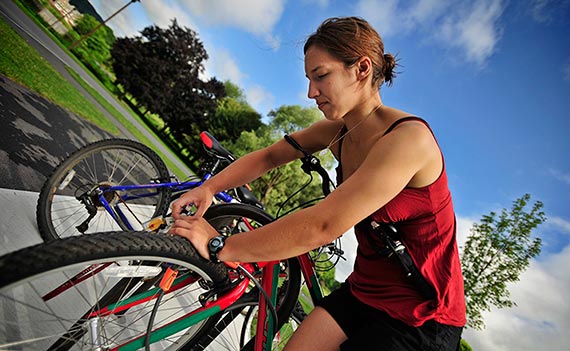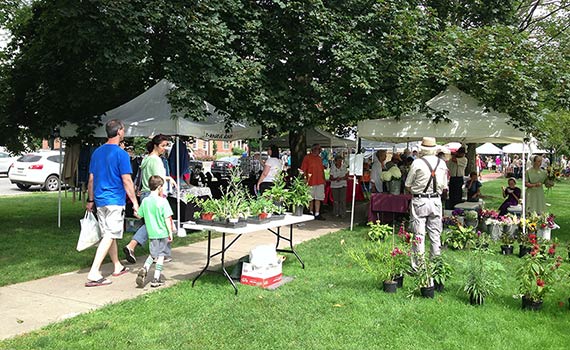 Article submitted by Kathryn Bacher ’14
Article submitted by Kathryn Bacher ’14
I do not like to shop. I’ve never understood the concept of browsing and rarely enter a store unless I know it has something that I need. If my friends convince me to come along, I am the one sitting on the nearest couch or hurrying everyone else along with their purchases. According to the New York Times, it is estimated that the average American is inundated with about 5,000 advertising and promotional messages in a single day. Despite my exposure, I like to think I am immune to the advertising that bombards us and encourages over-consumption. However, many defend shopping on the basis that it is therapeutic or a recreational activity, and is seemingly harmless if one has enough money to spend. Even political systems endorse shopping since consumption is the largest component of gross domestic product (GDP), which measures a country’s standard of living. When consumption decreases, countries are often said to be in an economic slump or recession. Read more







